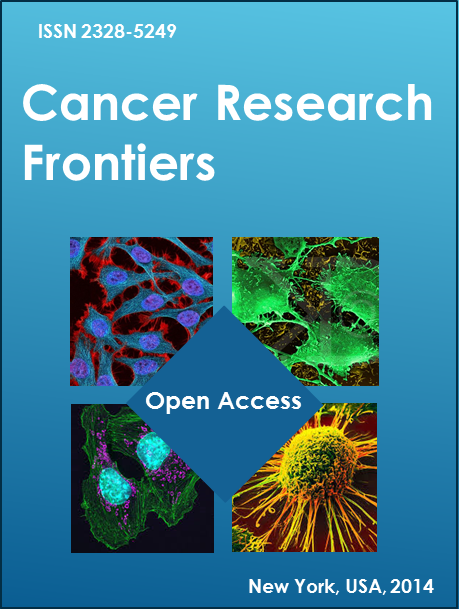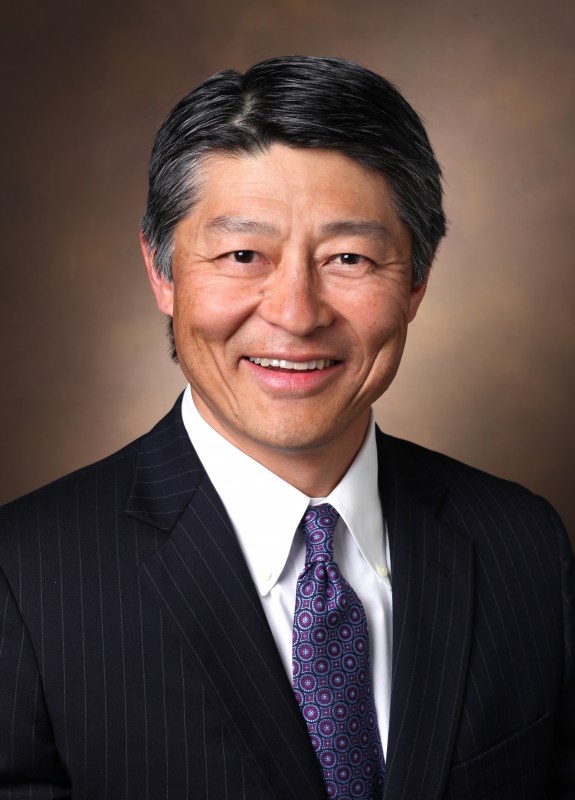Abstract _ Full Text (HTML) _ Full Text (PDF)
Review
Cancer Research Frontiers. 2017; 3(1): 215-229. doi: 10.17980/2017.215
Role of altered fractionation radiotherapy schedules in head and neck squamous cell carcinoma: Rationale, evidence and clinical issues.
Pushpa Naga CH1*, Janaki MG2, Kirthi Koushik AS2.
1Department of Radiation Oncology, Tata Memorial Hospital, Mumbai, Maharashtra, India.
2Department of Radiation Oncology, M.S. Ramaiah Medical College and Hospitals, Bengaluru, Karnataka, India.
*Corresponding author: Dr. Pushpa Naga CH, MD, DNB. Tata Memorial Hospital, Homi-Bhabha National Institute, Dr Ernest Borges Street, Mumbai – 400012, Maharashtra, India. Phone: +912224176011; Fax No: +912224146747. E-mail:
Citation: Pushpa Naga CH, et al. Role of altered fractionation radiotherapy schedules in head and neck squamous cell carcinoma: Rationale, evidence and clinical issues. Cancer Research Frontiers. 2017; 3(1): 215-229. doi: 10.17980/2017.215
Copyright: @ 2017 Pushpa Naga CH, et al. This is an open-access article distributed under the terms of the Creative Commons Attribution License, which permits unrestricted use, distribution, and reproduction in any medium, provided the original author and source are credited.
Competing Interests: The authors declare no competing financial interests.
Received July 3, 2018; Revised Aug 29, 2018; Accepted Sept 6, 2018; Published Sept 12, 2018.
Abstract
Purpose: To review and summarize literature discussing the role of various altered fractionation schedules in head and neck squamous cell carcinoma (HNSCC).
Methods and materials: Brief overview of pivotal clinical trials investigating the role of altered fractionation with conventional fractionation radiotherapy schedules in HNSCC patients treated with curative intent radiotherapy.
Results: Overall, altered fractionation regimens have demonstrated improved outcomes in the curative treatment of HNSCC. Upon comparing different schedules, hyper-fractionated radiotherapy has shown more favorable impact with comparable survival advantage to that of concurrent chemo-radiotherapy. Although, the concept of integrating concurrent chemotherapy with altered fractionation is promising to improve control, it is at the cost of additional toxicity. Mild hypo-fractionation may be advantageous in achieving superior results in early glottic tumors.
Conclusions: This summary is a compilation of large published clinical studies addressing biological rationale, evidence and clinical issues of various altered fractionation schedules and may be useful to facilitate clinician in treatment-decisions making in a clinical context.
Key words: Head and neck cancer, Radiotherapy, Altered fractionation.








